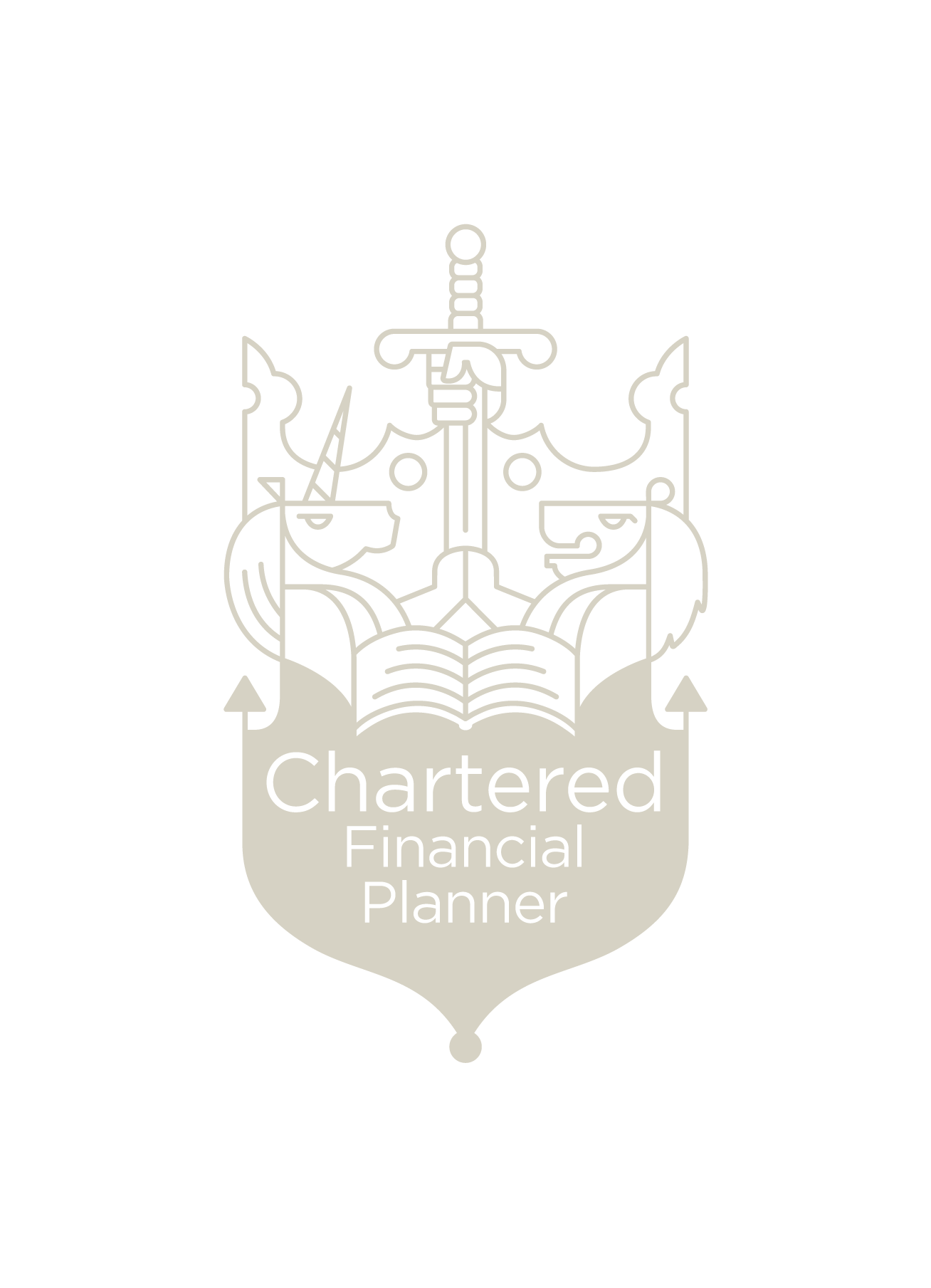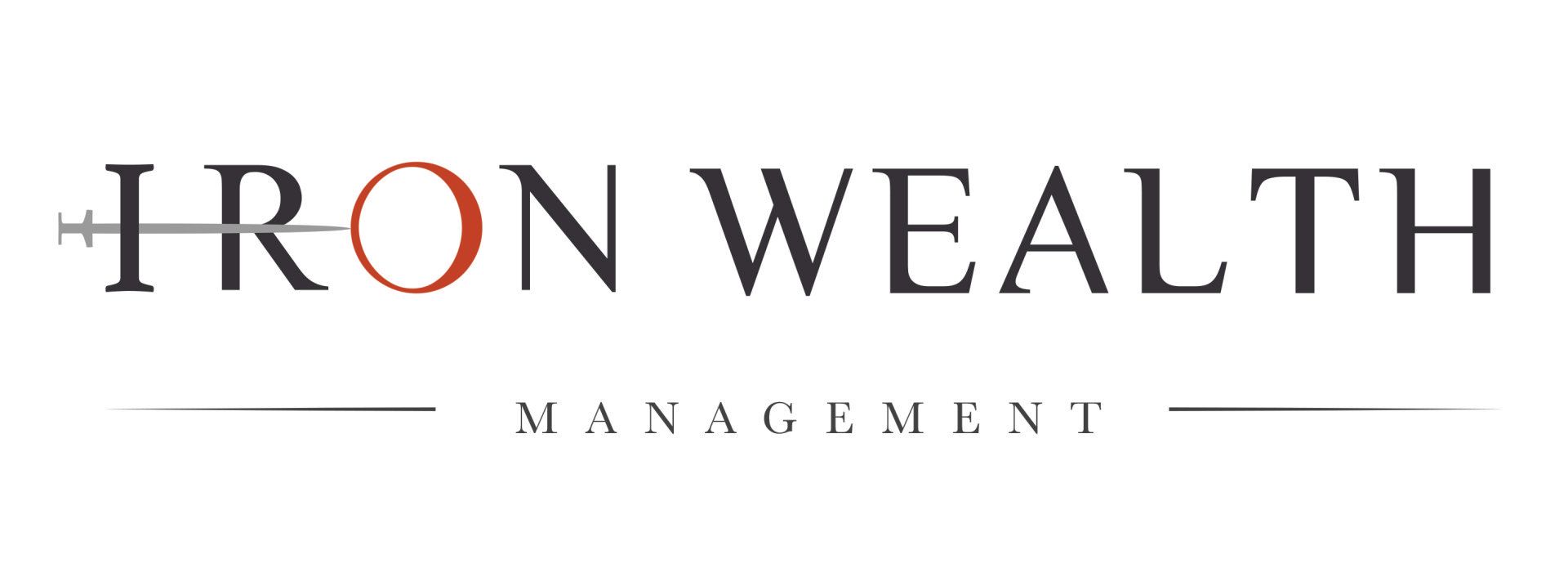BLOG
Blog
The Iron Wealth Blog

26 May, 2021
A common question that you may have heard or asked is “What is the income/yield?” But have you truly thought about the meaning of this question? Firstly, what do they mean by “yield”? Yield is what you get back from your investment, the interest or dividend you receive. Many people like the thought of a stable, sustainable income and therefore, they focus on obtaining a high income. This is especially true for those approaching and/or in retirement. After Years of earning a regular income through our wages, we are bias towards continuing this approach with our pensions and investments. This is another reason why most people would opt for an income stream in the form of a final salary pension over a lump sum. We saw an example of this when Camelot launched ‘set for life’ in 2019, where instead of winning the jackpot as a lump sum, the winner would receive £10,000 a month for life. A lump sum has its benefits too, it gives us flexibility, control, inflation proofing and the ability to manage counterparty risk (the probability of default). Of course, this all depends on individual circumstances and objectives. If you structure an investment portfolio for maximum income/yield only, or as your main objective, you distort the portfolio, leading to far higher risks and can potentially lead to higher taxation in the future.

23 Oct, 2020
As the impact of COVID continues to adversely affect business, it looks like further redundancies are inevitable. This may sound grim, but you can lessen the blow by getting financially prepared. For those who are still in employment and are facing potential redundancy, sometimes it helps to take a step back to see the bigger picture. Here are some questions that you can ask yourself? 1. Are you ready to take early retirement? 2. If not, how quickly can you get another job and at what pay? 3. How big is the carrot? 4. Do you want to retire now or do you want to tie this in with your partner? 5. Are you in good health? 6. What do you have planned for retirement? i.e. if it is travelling the world, then probably not the right time 7. What’s the job security like for your partner?

03 Sep, 2020
The government has confirmed that the minimum pension age is increasing from 55 to 57 in 2028 and we suspect there will be further increases. This can be seen as both good and bad news, but for us, we mainly see this as bad news for those without a financial plan. Those currently 48 or over are safe from this change. Pensions can be an extremely powerful shelter for your wealth but only if the circumstances are right. To be fair, the government doesn’t always amend pension legislation negatively, for example, a change in April this year has improved the annual allowance limit for high earners. This change has little effect for those under 30, as it is unlikely that they would have accumulated a big pension pot. But for those in their early 40’s, who have based their retirement plan on a target retirement age of 55 would be particularly impacted. There will be no transitional rules that protects existing pension assets already saved. Flexibility is the key when building your financial plan as it allows you to take advantage of the various planning opportunities available. Just like the benefits of liquidity in an investment portfolio (see our earlier blog post https://www.ironwealth.co.uk/liquidity-an-important-consideration-of-portfolio-management ) Nothing is static, so your financial plan should be flexible enough to cope with the changes that are still unknown. It should evolve with legislative changes, as well as changes in your circumstance. Diversification is not just an important strategy for investments, it also makes sense when it comes to tax planning. Using too few solutions for both income/capital and estate planning can cost you greatly. This is a very timely reminder that retirement/investment planning should not always consist of just one pot, just because it is the widely adopted way. Having multiple pots to draw on, each with its own tax treatment, gives you far greater scope to optimise tax efficiency and accessibility. If you would like to understand more about how we adopt a multiple pot approach, or how your current financial plan measures up in terms of flexibility, we would be more than happy to help.

24 Mar, 2020
The Prime Minister has ordered everyone to stay indoors as of last night, I thought as we embrace this new way of living, it would be good to share our thoughts and experience to help you navigate through this crisis, that's the best we can do. With our experience and knowledge, we will tell you exactly how it is. When you are in a crisis, you tend to behave irrationally. You panic and will most likely make wrong choices. This irrationality is exacerbated further when your ability to earn is in danger.

27 Feb, 2020
In a world where there are a multitude of investment options, one of the most important consideration is often overlooked. When an investment portfolio is being constructed, it is important to consider different aspects. One well understood consideration is diversification. The idea that you shouldn’t hold all your eggs in one basket is an easy concept to grasp. Liquidity is another important consideration and it sounds kind of complicated, so we’re here to simplify it.
ADDRESS
Iron Wealth Management Ltd65 Holst CrescentOld Farm ParkMilton Keynes MK7 8QN

Authorised and regulated by the Financial Conduct Authority No. 810374. Registered in England and Wales No. 11323045.





